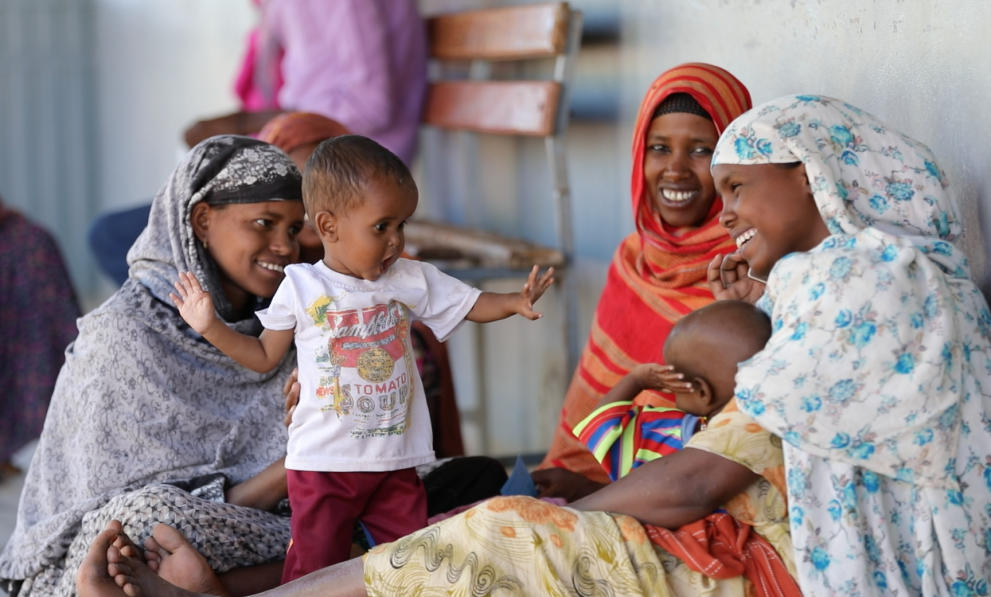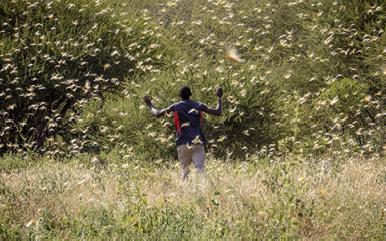
This new EU humanitarian funding will ensure life-saving operations in the most affected areas of Somalia and of the Arid and Semi-Arid lands in Kenya, addressing the urgent needs of local populations, while seeking to enable resilience gains against future shocks.
Commissioner for Crisis Management Janez Lenarčič, said: “The EU is among the first donors to respond to the catastrophic drought situation affecting the Horn of Africa, which threaten the lives and livelihoods of more than 26 million people. This additional funding will scale up emergency water provision as well as cash, food assistance, nutrition, health services and emergency livelihood support for those most vulnerable.”
Out of the total amount, €18.5 million will be allocated to Somalia and €3 million to Kenya. Populations in the worst drought-affected areas (southern and central Somalia and eastern and northern Kenya) depend on seasonal rains to sustain themselves and their livelihoods. Currently, 6 million people struggle to secure water and food for their survival, and acute malnutrition, especially among children under five years old, is rampant.
Background
Three consecutive failed rainy seasons, coupled with increased temperatures, particularly in Somalia and Kenya, are driving this most severe drought which is expected to persist well into 2022.
In 2021, the EU allocated a total of €175.9 million to the Horn of Africa. This includes a total of €18 million to Kenya and €63.9 million to Somalia, but also a total of €85.5 million to Ethiopia. During 2021, the EU also allocated €8 million to the Horn of Africa and Sudan in response to the Desert Locust infestation in the region.
In Somalia, EU humanitarian funding supports aid organisations delivering life-saving assistance to the most vulnerable affected by conflict, drought, floods or food shortages. This assistance includes access to emergency cash and food assistance, basic health and nutrition services, clean water, protection, shelter and education.
Humanitarian funding in Kenya aims first at assisting the many refugees living in the country, ensuring the provision of basic life-saving aid such as food assistance and access to basic services, including healthcare, undernutrition treatment, access to water, sanitation and hygiene (WASH), protection and education.
Picture: © UNICEF, 2019
Related pages
Downloads

- Criquets pèlerins en Afrique de l’EstDownloadfrançais
Details
- Publication date
- 17 December 2021
- Author
- Directorate-General for European Civil Protection and Humanitarian Aid Operations (ECHO)
